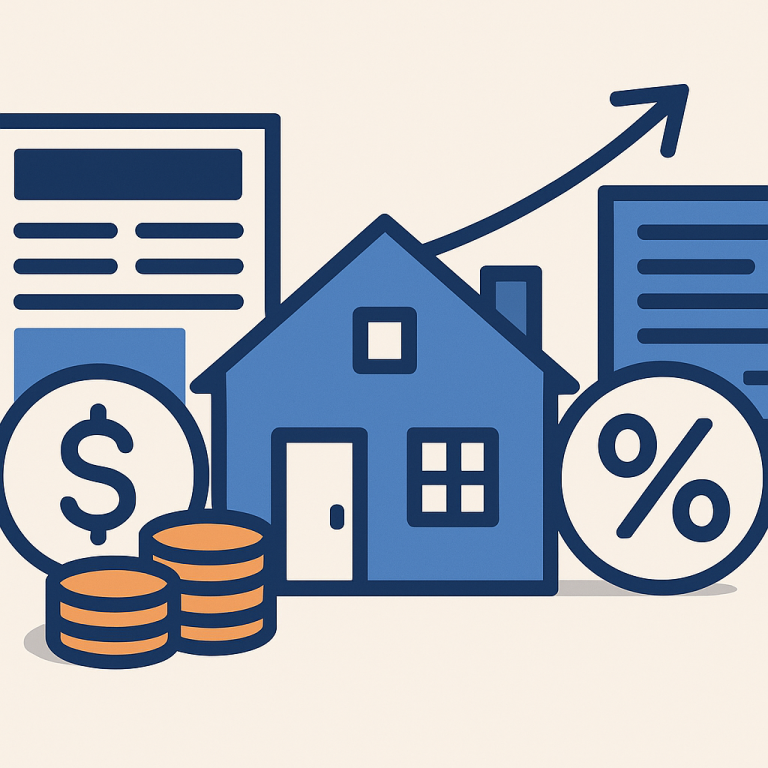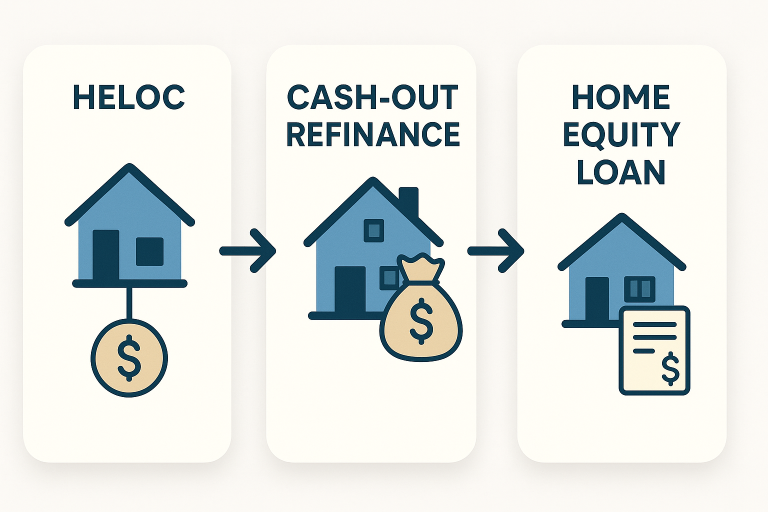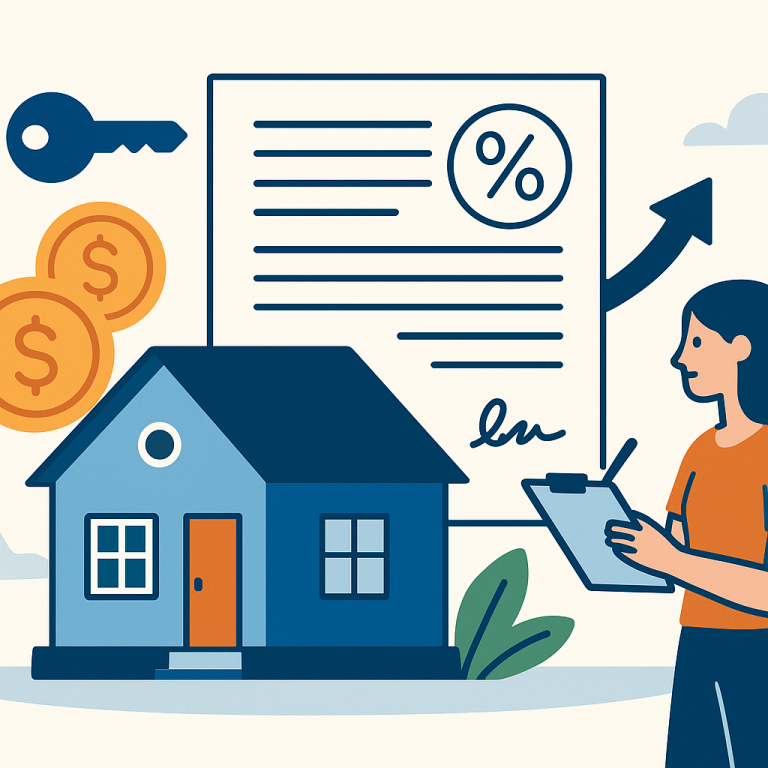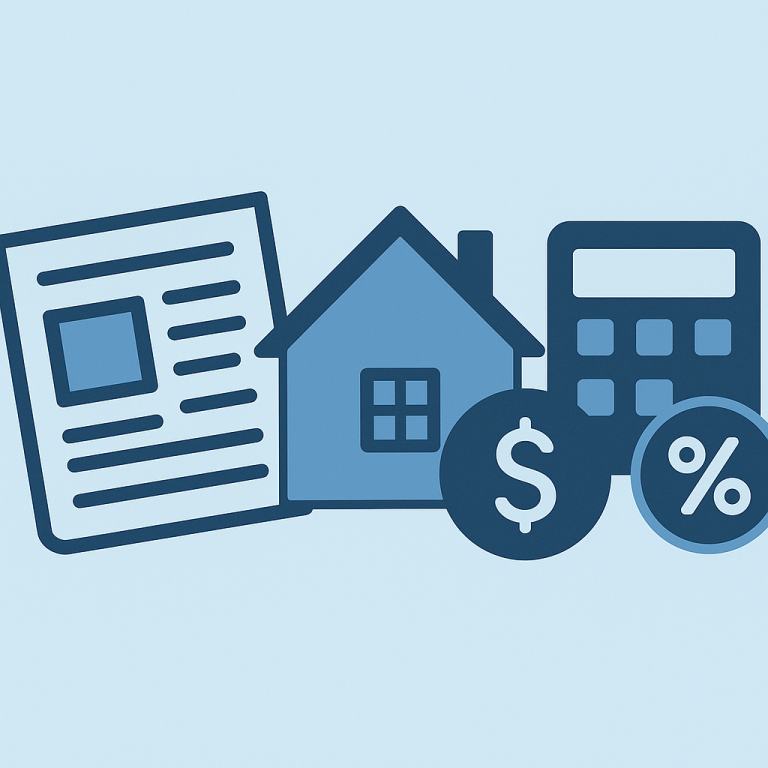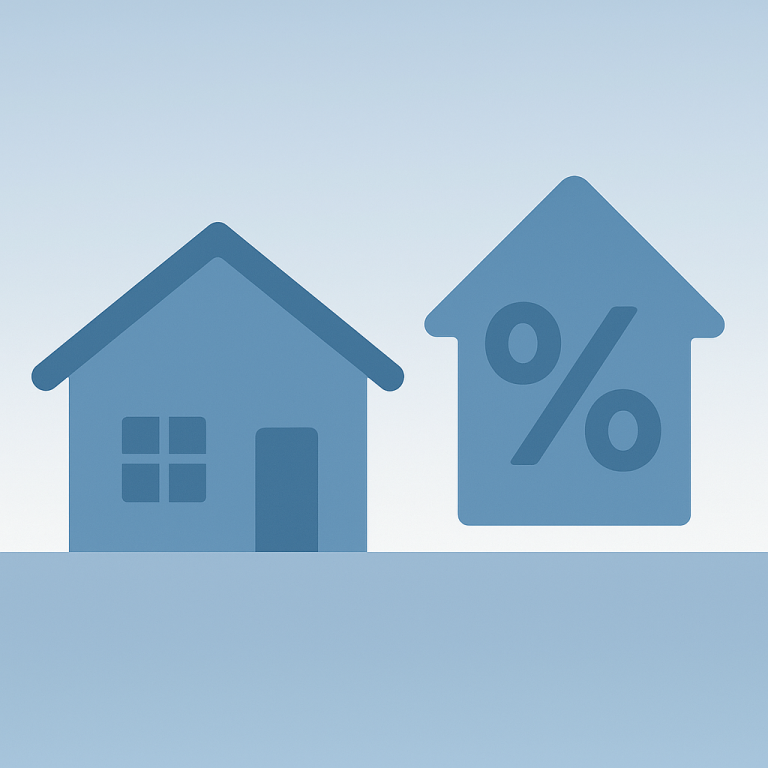Refinance guide property value appeals before appraisal for refi
Property value appeals before an appraisal for refinancing: what homeowners should know
If you’re refinancing your mortgage, the lender will typically order an appraisal to determine the current market value of your home. Some homeowners try to influence that process beforehand by filing property value appeals or by submitting documentation to the lender/appraiser. These are two different strategies with different goals, timelines and likely outcomes. This article explains what each approach is, when it makes sense, benefits and drawbacks, likely costs, a step-by-step guide, common pitfalls and a short FAQ to help you decide the best path.
What it is and when it makes sense
1. Appealing your property tax assessment
A property tax appeal challenges the assessed value assigned by your county or municipal assessor. This process is meant to reduce property taxes when the assessor’s value is higher than market value. It makes sense when:
- Your recent market research or comparable sales show a significantly lower market value than the assessor’s figure.
- You’ve had material changes (damage, zoning changes) that lower marketability.
- You plan to own the home long-term and want recurring tax savings.
2. Submitting pre-appraisal documentation to the lender/appraiser
Before an appraisal for a refinance, you or your mortgage broker can provide a “value package” to the lender or the appraiser: comps, recent repairs, floor plans, and a list of upgrades. This is not a formal appeal but a way to present facts that may influence the appraiser. It makes sense when:
- You’ve completed upgrades or have recent comparable sales that an appraiser might miss.
- There are access or condition issues (e.g., gated property) the appraiser should know about in advance.
- You want to reduce the risk of an unexpectedly low appraisal that could derail your refinance.
Benefits and drawbacks
Tax assessment appeal
- Benefits: Can lower recurring property taxes; result is applied retroactively in some jurisdictions; may increase clarity of record.
- Drawbacks: Often a slow, formal process with strict deadlines and evidence requirements; success is not guaranteed; it does not change a lender’s appraisal for a refi.
Pre-appraisal documentation for refinance
- Benefits: Gives the appraiser a fuller picture of your home’s marketability; may prevent or reduce undervaluation; low or no cost if you gather documents yourself.
- Drawbacks: Appraisers are independent and must follow appraisal standards—documentation helps but cannot guarantee a higher value; lenders may limit what they accept.
Costs and fees
Costs vary by strategy:
- Tax appeal: Minimal if you do it yourself (filing fees vary by jurisdiction). Hiring a property tax attorney or consultant can cost several hundred to a few thousand dollars, sometimes contingent on savings.
- Pre-appraisal documentation: Typically low-cost—your time to assemble documents, or a small fee if you purchase a broker price opinion or hire an independent appraiser for a pre-appraisal opinion (usually $300–$600).
- Independent appraisal before refinance: If you order a separate appraisal, expect to pay the appraiser’s typical fee ($400–$700 or more depending on market and property type).
Step-by-step process
For a tax assessment appeal
- 1. Check deadlines and windows for your jurisdiction (appeals often have specific annual deadlines).
- 2. Gather evidence: recent comparable sales, photos, inspection reports, evidence of deferred maintenance or damage, tax records, and appraisal reports if available.
- 3. File the appeal with the assessor’s office per local procedure and pay any required fees.
- 4. Attend hearings or mediation if required and present your evidence clearly and concisely.
- 5. Receive the decision and, if denied, review options for further appeal (board or court) keeping cost-benefit in mind.
For pre-appraisal documentation before a refinance appraisal
- 1. Contact your mortgage broker or lender to confirm what documents the lender and assigned appraiser will accept before the appraisal.
- 2. Prepare a concise value package: MLS comps, recent sales data, receipts for major renovations, a list of upgrades, professional photos, floor plan, and access instructions.
- 3. Submit the package through the lender or your broker, not directly to the appraiser if the lender’s process requires that route.
- 4. Ensure the property is ready and accessible for the appraiser (clean, clear access, unlocked areas, utilities on).
- 5. If the appraisal comes in low, be prepared to request a reconsideration of value with additional evidence or order a second opinion/independent appraisal.
Common pitfalls to avoid
- Relying on tax assessment reductions to influence a lender appraisal—assessments and appraisals use different methodologies and assessors’ decisions rarely change appraised value quickly.
- Submitting overly long or poorly organized documentation—appraisers are busy; a clear, concise package is more persuasive.
- Trying to influence an appraiser improperly—appraisers must remain independent. Don’t offer incentives or pressure to inflate value.
- Using inaccurate comps or outdated sales—these will undermine credibility and can backfire.
- Missing local appeal deadlines for tax challenges—missing a window may cost you a year of overpayment in taxes.
Short FAQ
Q: Will a successful property tax appeal raise my chances of a higher refinance appraisal?
A: Not directly. Tax assessments and appraisals use different methodologies. A tax assessment reduction may be useful supporting evidence of market trends, but it won’t substitute for market comps or an appraiser’s independent analysis.
Q: Can I contact the appraiser directly with comps and photos?
A: Most lenders manage appraisal assignments and have rules about direct contact. Work through your lender or mortgage broker to ensure documents are accepted and properly routed.
Q: If my appraisal comes in low, what are my options?
A: You can request a reconsideration of value with additional evidence, ask for a second appraisal, negotiate with the lender, or reconsider loan terms. Some lenders offer an internal review; others will order a new appraisal for a fee.
Q: Is it worth hiring a professional to appeal my tax assessment or prepare pre-appraisal materials?
A: For complex or high-value properties, professionals can improve odds on tax appeals and present cleaner evidence to appraisers. For typical homes, homeowners who are comfortable researching and organizing documents can often do it themselves at minimal cost.
Preparing in advance and choosing the right approach for your goal—tax savings versus influencing a refinance appraisal—will give you the best chance of a favorable result. Keep documents factual, timely, and organized, and coordinate closely with your lender or mortgage professional.
META: topic=property value appeals before appraisal for refi; length=~1000 words; audience=homeowners; includes:what/when, benefits/drawbacks, costs/fees, step-by-step, pitfalls, FAQ


